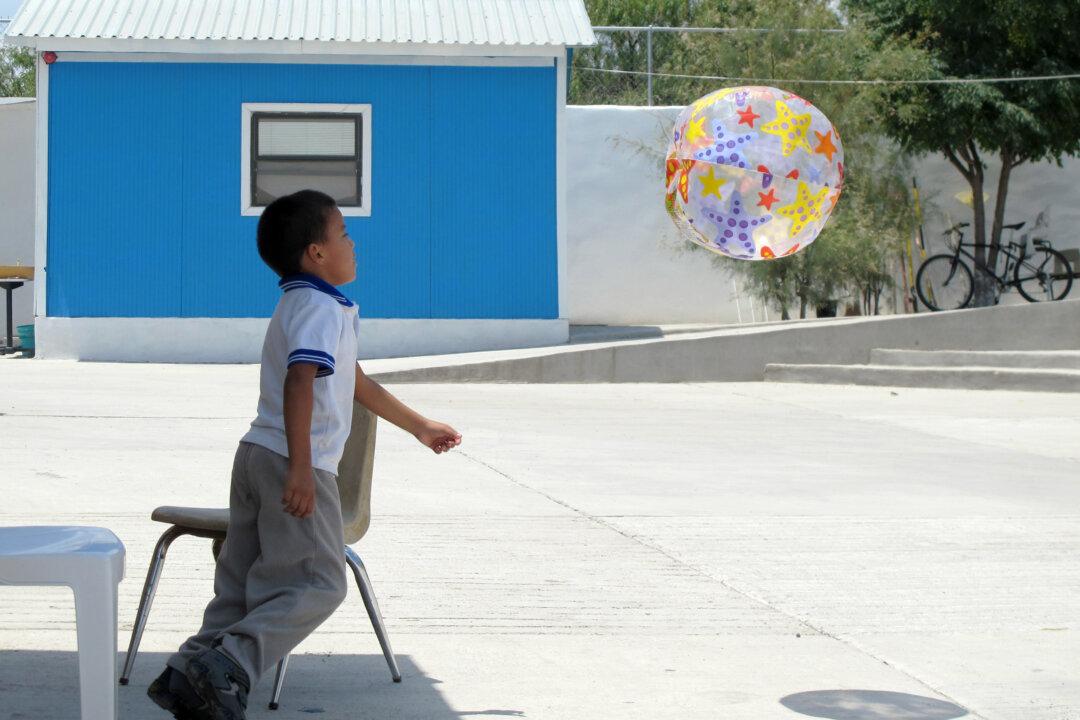The newly reinstated Central American Minors (CAM) program for children is in need of reform to ensure that the asylum process of the United States accepting children fleeing violence in El Salvador, Guatemala and Honduras, is more efficient and effective, White House Press Secretary Jen Psaki said Wednesday.
President Joe Biden on March 10 reinstated the Obama-era program, which former President Donald Trump ended in 2017 after a U.S. government review found that “the vast majority of individuals accessing the program were not eligible for refugee resettlement.”





